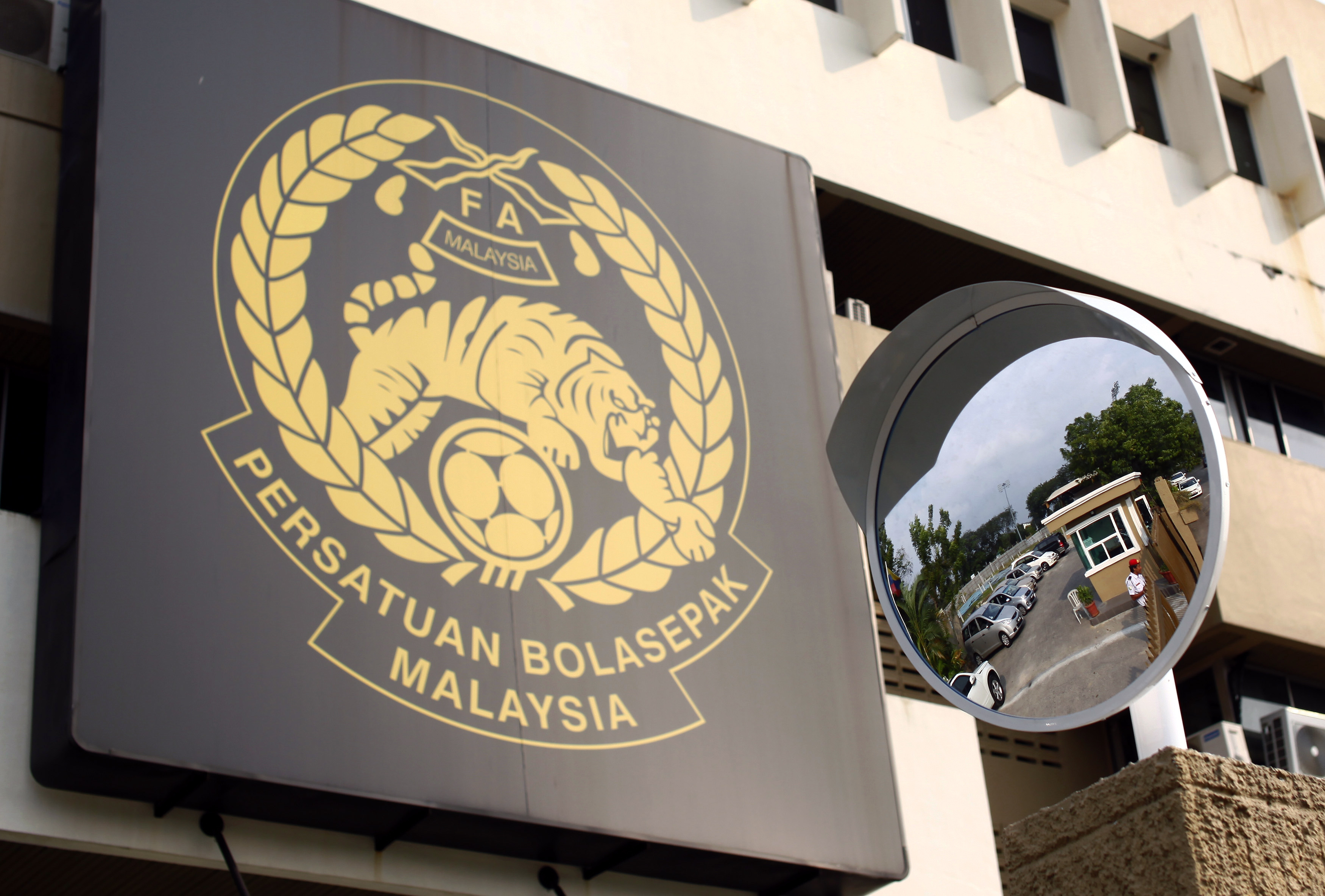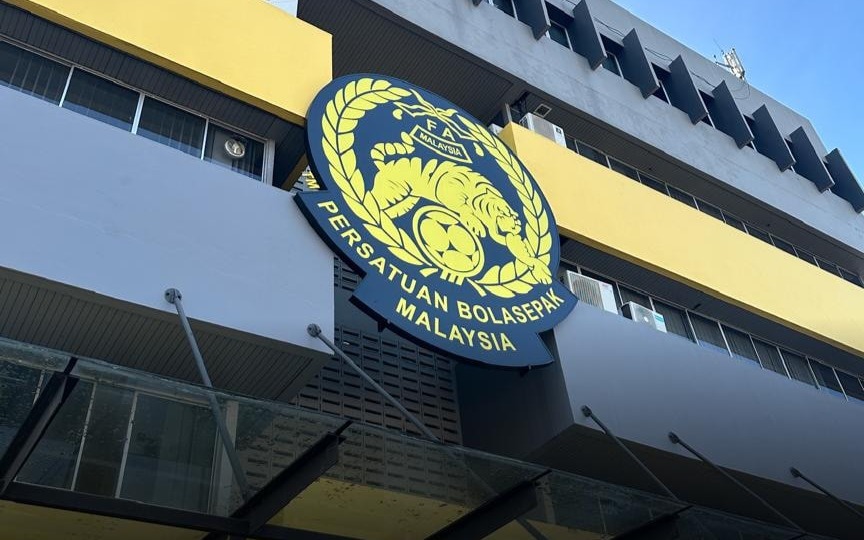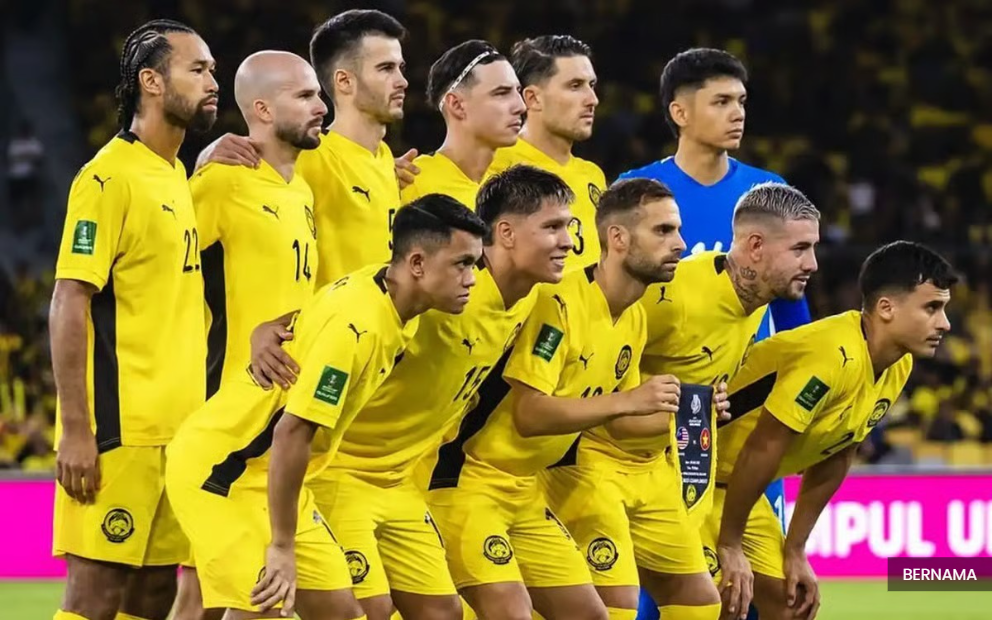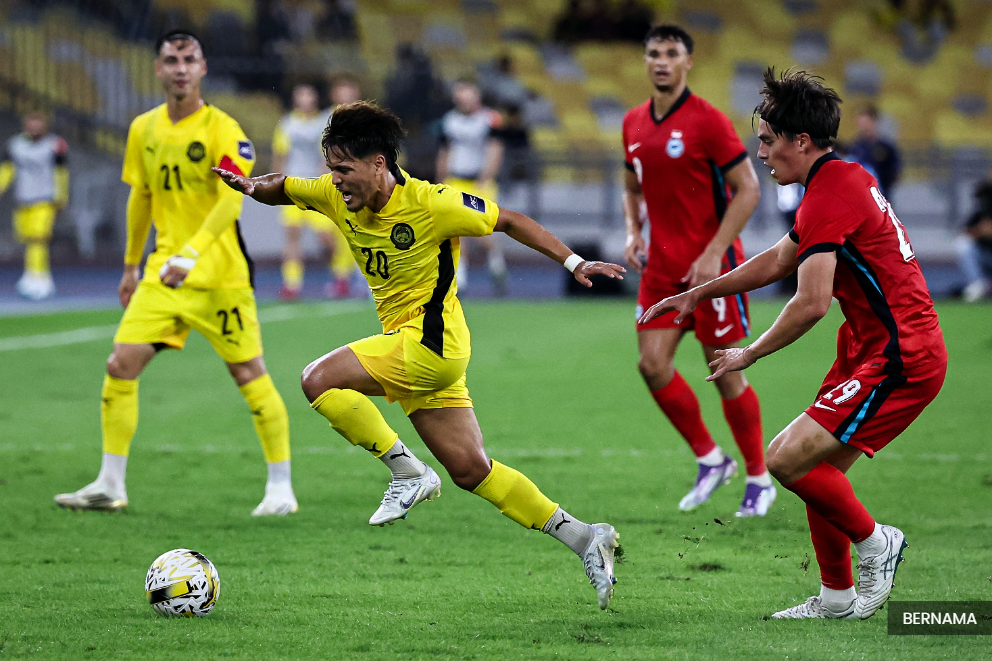KUALA LUMPUR, Nov 18 — The seven national heritage footballers have admitted that their claim to Malaysian ancestry is generally based on family hearsay rather than verified records, according to the 63-page motivated decision released by world governing body FIFA today.
The players involved are Gabriel Felipe Arrocha, Facundo Garces, Rodrigo Holgado, Imanol Manchuca, Joao Figueiredo, Jon Irazabal and Hector Hevel.
Based on the motivated decision, the players stated that they never read, checked or in any way verified any of the documents they submitted, emphasising in their written submissions that the documents were authentic and unaltered at the time they were given to their respective agents.
The FIFA Appeal Committee added that the players also argued that any manipulation occurred after the documents were handed over to the Football Association of Malaysia (FAM) and without their knowledge or involvement.
“Except for player 1 (Gabriel Felipe Arrocha), who handed over the documents in person and has not produced a copy in the proceedings, the other players filed screenshots and WhatsApp conversations with their agents as evidence.
“These depict birth certificates of their grandparents, none of which list a place of birth in Malaysia (or its territories),” it said.
During the hearing on October 30, the panel said all players cited their agents as the source of the opportunity to play for the Malaysian national team and that the process, including submission of documents and bureaucratic steps for naturalisation, was entirely managed by FAM and their agents.
“They all equally confirmed that the necessary documentation, namely, their own birth certificates as well as those of their parents and grandparents, was procured by their family members and later sent to the players, who then presented them to their respective agents or friends without further verification,” it added.
The players, the panel said, also admitted to signing the application documents and appearing before the Malaysian authorities, but denied having read them or made themselves aware of the content of the documents they signed, some of which were in the national language, which they do not speak.
Meanwhile, the FIFA Appeal Committee said had the FIFA Disciplinary Committee been able to examine all the materials now available in these appeal proceedings, the sanctions imposed on all the appellants would be significantly higher.
The appeal committee added that if not for the limitation imposed by the non reformatio in pejus principle imposed by Article 63.4 of the FIFA Disciplinary Code (FDC), it would be prepared to issue harsher sanctions than the ones imposed in the first instance.
This, it said, is because the committee deems that these appeal proceedings had shed light on fundamental aspects of the appellants’ behaviour.
They include the gross negligence of the players, which includes signing documents without reading and failing to verify their own ancestry records on multiple accounts; and the players’ posture throughout the proceedings, continuing to assert that their grandparents were born in Malaysia despite overwhelming evidence to the contrary.
The committee was also unimpressed by the so-called suspension of the FAM secretary-general Datuk Noor Azman Rahman, which lacked clarity, enforcement and credibility.
On November 3, FIFA rejected appeals by FAM and the seven naturalised players.
The FIFA Appeal Committee upheld the penalty imposed by the Disciplinary Committee of the world governing body against FAM and the seven naturalised players for offences related to the falsification of documents under Article 22 of the FDC.
Consequently, FAM was ordered to pay a fine of 350,000 Swiss francs (about RM1.8 million), while each player was fined 2,000 francs. The seven players have also been suspended for 12 months from football-related activities.








